Lula, Confessed Defendant (Olavo de Carvalho)
https://olavodecarvalho.org/lula-reu-confesso/
Lula, Confessed Defendant (Olavo de Carvalho)
I should be grateful to the President of the Republic. When practically the entire national media strives to camouflage the activities or even deny the existence of the São Paulo Forum, branding as crazy or fanatic anyone who denounces it, the very founder of the entity comes and does all the work, confirming with his own mouth the most depressing suspicions and some even worse than those.
The presidential speech of July 2, 2005, delivered at the celebration of the fifteen years of the Forum’s existence and reproduced on the official government website, is the explicit confession of a conspiracy against national sovereignty, a crime infinitely more serious than all the corruption offenses committed and covered up by the current government; a crime that, by itself, would justify not only impeachment but also the imprisonment of its author.
From the distance I am, I have only now fully learned of this singular document, but the editors-in-chief of the major newspapers and all the radio and TV newsrooms in Brazil were aware of it all along. Having known of the speech since the day it was given, they nevertheless remained silent, proving that their persistent concealment of the facts was not due to distraction or pure incompetence: it was conscious, Machiavellian complicity with a crime from which they hoped to obtain some unknown benefit.
The meaning of these paragraphs, once unearthed from the verbal rubbish that serves as its packaging, is sharply clear:
Because of the existence of the São Paulo Forum, comrade Marco Aurélio has played an extraordinary role in consolidating what we began in 1990. [...] It was in this way that, in January 2003, we proposed to our comrade, President Chávez, the creation of the Group of Friends to find a peaceful solution that, thank God, happened in Venezuela. And it was only possible thanks to a political action by comrades. It was not a political action of one state with another state, or of one president with another president. Those who remember, Chávez participated in one of the forums we held in Havana. And thanks to that relationship it was possible to build, despite many political disagreements, the consolidation of what happened in Venezuela, with the referendum that consecrated Chávez as president of Venezuela.
It was in this way that we were able to act alongside other countries with our comrades from the social movements, parties of those countries, and the labor movement, always using the relationship built in the São Paulo Forum so that we could talk without it seeming or people understanding any political interference.
What the president admits in these excerpts is that:
1. The São Paulo Forum is a secret or at least camouflaged entity (“built [...] so that we could talk without it seeming and without people understanding any political interference”).
2. This entity actively meddles in the internal politics of several Latin American nations, making decisions and determining the course of events, beyond any oversight by governments, parliaments, courts, and public opinion.
3. The so-called “Group of Friends of Venezuela” was nothing but an arm, agency, or facade of the São Paulo Forum (“because of the existence of the Forum [...] it was that we proposed to comrade President Chávez [...]”).
4. After being elected in 2002, Luiz Inácio Lula da Silva, while formally abandoning his post as president of the São Paulo Forum, giving the impression that he was free to govern Brazil without commitments to poorly explained foreign alliances, continued working clandestinely for the Forum, helping, for example, to produce the results of the Venezuelan plebiscite of August 15, 2004 (“thanks to that relationship it was possible to build the consolidation of what happened in Venezuela”), without giving the slightest satisfaction about this to his voters.
5. The guidance on vital points of Brazilian foreign policy was decided by Mr. Lula not as President of the Republic in a meeting with his ministry, but as a participant and advisor in clandestine meetings with foreign political agents (“it was a political action of comrades, not a political action of one state with another state, or of one president with another president”). Above his duties as president, he placed his loyalty to the “comrades.”
The President Confesses
The president confesses, in short, that he subjected the country to decisions made by foreigners, gathered in assemblies of an entity whose actions the Brazilian people should neither know about nor much less understand.
The active humiliation of national sovereignty could not be more blatant, especially when it is known that among the entities participating in these decisive meetings are organizations like the Chilean MIR, kidnapper of Brazilians, and the FARC, Colombian narco-guerrilla responsible, according to its partner Fernandinho Beira-Mar, for injecting two hundred tons of cocaine annually into the national market.
Never has an elected president of any civilized country shown such complete disdain for the Constitution, laws, institutions, and the entire electorate, while granting all trust and authority to a clandestine assembly full of criminals to decide, far from the eyes of the people, the nation's fate and its relations with neighbors. Never has there been, in Brazil, a traitor as blatant, complete, and cynical as Luiz Inácio Lula da Silva.
The greatest proof that he consciously deceived public opinion, keeping it ignorant of the São Paulo Forum’s operations, is that, on the eve of the election, frightened by my constant denunciations regarding this entity, he sent his “international affairs advisor,” Giancarlo Summa, to calm the newspapers through an official PT statement claiming the Forum was just an innocent debate club with no political activity (see “Anything and Mr. Summa”).
And now he comes boasting about the “political action of comrades,” carried out with resources from the Brazilian government, hidden from Parliament, Justice, and public opinion.
Compared to such an immense crime, what importance do the mensalão scandal and similar phenomena have, other than as means used to subsidize partial operations within the overall grand strategy of transferring national sovereignty to the secret authority of foreigners? Can there be a greater disproportion than that between vulgar episodes of corruption and this supreme crime for which they served as instruments? The answer is obvious.
But why do so many hasten to denounce the means while consenting to continue covering up the ends? Here the answer is less obvious. It requires a preliminary distinction.
The accusers divide into two types: (a) individuals and groups committed to the São Paulo Forum scheme, but not directly involved in the use of those particular illicit means; (b) individuals and groups unrelated to either.
The reasoning of the first group is simple: let the rings go, but keep the fingers.
Since it became impossible to keep hiding the use of illicit instruments, they consent to deliver their most notorious operators to the beasts, so they can continue committing the same crime by other means and other agents. The content and even the style of the accusations signed by these people reveal their nature as pure diversionary tricks.
When they attribute PT corruption, which has existed since 1990, to agreements with the IMF signed from 2003 onward, they show that their eagerness to lie is not restrained even by pure and simple material impossibility.
When they place blame on “a group,” masking the fact that the branches of the criminal structure extended from the Presidency of the Republic to small-town mayors, covering practically the entire party, they prove they have as much to hide as the accused of the moment.
More complex are the motivations of group b. Part of it consists of spineless characters, physically and morally cowardly, who prefer to cling to minor details out of fear of seeing the continental dimensions of the total crime.
There is also the subgroup of intellectually weak, who bet on the nonsense of the “death of communism” and now feel obliged, so as not to contradict themselves, to reduce the greatest coup plot in Latin American history to the manageable dimensions of a banal corruption scheme, depoliticizing the meaning of facts and pretending Lula is nothing more than a Fernando Collor without a jet ski.
There are those who, out of opportunism or stupidity, collaborated too much with the rise of the criminal party to power and now feel torn between the impulse to cleanse themselves of the taint of bad company they kept and the impulse to minimize the crime so as not to feel the weight of the complicit help they provided.
There are the pseudo-smart ones, who comfort the enemy by deluding themselves that it is more feasible to defeat him by nibbling at the edges than by striking a mortal blow to the heart.
Finally, there are those who really don’t understand anything and, with the traditional simian automatism of Brazilian speech, just go around repeating what they hear in hopes of looking good.
I earnestly ask all the fiery anti-corruption accusers of recent weeks — politicians, media owners, businessmen, journalists, intellectuals, magistrates, military — to carefully examine their respective consciences, if any remain, to know to which of these subgroups they belong. Because, except for those few Brazilians of value who timely subscribed to the denunciations against the São Paulo Forum, all others inevitably fit into one.
It would be absurd to assign sole blame to Lula and the São Paulo Forum for the moral decay of Brazil, forgetting the contribution received from those occasional moralists, so eager to denounce parts while so willing to conceal the whole. Nothing could have fostered greater national self-deception than this prodigious network of complicities and omissions born of diverse motives but converging toward the same result: creating a false impression of transparent investigations, a façade of normality and legality at the very moment when, invisibly eaten from within, the entire order crumbles.
The destruction of the order and its replacement by “a new pattern of relationship between the State and society,” decided in secret meetings with foreigners — that was the confessed goal of Mr. Lula. This objective, he said in another passage of the same speech, should be achieved and consolidated “in such a way that it can be enduring, regardless of who is the government of the country.”
What is inferred from the attitude of those critics and accusers is that, in this general objective, Mr. Lula has already emerged victorious, regardless of the success or failure he may have in the remainder of his term. The new order, whose name it is forbidden to utter, is already implanted, and its authority is such that not even the fiercest enemies of the president dare to contest it.
All, in one way or another, have at least implicitly resigned themselves to placing the São Paulo Forum above the Constitution, laws, and Brazilian institutions. If they complain about thefts, misappropriations, mensalões, and bribes, it is precisely so they do not have to complain about the transfer of national sovereignty to the continental assembly of “comrades,” like Hugo Chávez, Fidel Castro, the Colombian narco-guerrillas, and the Chilean kidnappers.
It is like a raped woman protesting about the damage to her hairstyle, forgetting to say even a little something, however delicately, against the rape as such.
Perhaps the deeds of Mr. Lula and his damned Forum have not brought Brazil as vast a damage as this total inversion of proportions, this complete destruction of moral judgment, this integral corruption of public conscience.
Never has there been such a profound agreement between accused and accusers to allow the crime, denounced with so much clamor in the details, to be so successful in its overall objectives “without it seeming so and without people understanding.”
This is neither praise nor self-praise.
On February 22, 2003, I wrote in O Globo:
“The physiological right imagined that by flattering the dominator, it would gain time to regroup and defeat him one day. Big mistake. If outside the government the left has already reduced Magalhães and Maluf to the most humiliating servility, in government it will not rest until it throws them into complete impotence and marginality. I don’t give it two years before each of them, guilty or innocent, is in jail, in exile, or in deepest oblivion.”
Magalhães went to the museum over a year ago. Maluf is in jail.
On March 11, 2004, I wrote in Jornal da Tarde:
“The ruling party has no intention whatsoever of bowing to the moral and legal demands it used for a decade to destroy reputations, remove obstacles, blackmail public opinion, and achieve hegemony. Denunciations and accusations have no power to compel it to do so because there is no organized force to turn them into political weapons.”
The Supreme Federal Court vetoed impeachment proceedings against José Dirceu and other accused PT members (so far the only punished person was, not coincidentally, the crime whistleblower).
For over a decade, all the predictions I made about the course of national politics have been confirmed, while the most renowned commentators and political scientists from media and universities did not get a single one right (a brief showcase in “Nothing New”).
How to explain such an overwhelming contrast?
Last Thursday, when receiving me at the Atlas Foundation in Washington for the brief speech I delivered there, Alejandro Chafuen, president of the foundation, economist and philosopher of worldwide fame, said that my analyses were among the most valuable achievements he had ever seen in the field of political science.
I do not see this as praise but simply the recognition of a fact.
The predictive power based on rational analysis of data is the most characteristic and unmistakable mark of scientific knowledge.
I have spent considerable energy striving to scientifically understand society and, if the result is some effective knowledge, there is no greater surprise in that than the surprise you have when you leave your car broken at the mechanic’s and the next day the car is running again.
It is true that my theoretical works, such as Being and Power and The Method in Human Sciences, which circulate as course notes at PUC Paraná, remain unpublished in book form and cannot be summarized in newspaper articles, where the monstrously compressed conclusions of their application to current facts appear as if born from nowhere.
But long gone are the times when editor Schmidt, by reading a few reports from a mayor in the interior of Alagoas, guessed a hidden novelist.
Today the entire talking class is incapable of suspecting that there is any scientific research behind an uninterrupted succession of correct predictions that, otherwise, could only be explained by supernatural gifts such as Saint Lula’s infused wisdom.
Far from the Brazilian media
In the news coverage of the anti-Bush march in Washington, not a single Brazilian newspaper, absolutely none, even mentioned in passing the direct links between some of the entities that promoted this demonstration and the terrorist organizations responsible for the ongoing violence in Iraq. Anyone who wants to know about this will find all the information on David Horowitz’s website.
High-ranking officials of the Louisiana government are under criminal investigation for embezzling 60 million dollars in federal funds, sent long before Hurricane Katrina, intended for the renovation of New Orleans’ levees. Do you understand why the work never happened?
ABC reporter Dean Reynolds was caught on camera in a humiliating attempt to extort anti-Bush statements from flood victims, receiving answers contrary to those he expected. The best part was the dialogue with a black lady:
— “Aren’t you angry with the president because of the delayed federal response?”
— “No, not at all. The state and municipal governments were the ones who should have been ready first.”
— “And weren’t they?”
— “No, they weren’t. My God, they weren’t!”
Prime Minister Tony Blair spoiled the party of the eco-fanatics at the Clinton Global Initiative meeting in a very fancy Manhattan hotel. A former supporter of the much-touted Kyoto Protocol, he arrived at the meeting saying he was going to speak “with brutal honesty,” and he did exactly that: he said that when the treaty expires in 2012, no country will want to sign it again, boycotting their own economic growth. Columnist James Pinkerton, of Tech Central Station, said that under normal circumstances this statement would be front-page news worldwide. Now, the major American media, more interested in global ecological activism than journalism, preferred to ignore it.
While organizations of families of Basque terrorism victims promise protests against the complicity between Prime Minister Zapatero and ETA, this terrorist organization, which has just carried out another attack (fortunately unsuccessful), announces it will pay homage to Fidel Castro and Hugo Chávez during the meeting of Latin American heads of state in Salamanca, October 14–15.
0



 The Alex Jones Show
The Alex Jones Show
 Blackpill_52
Blackpill_52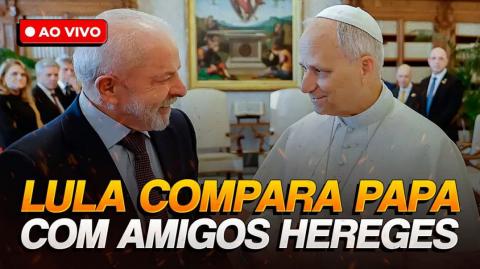
 Sant77
Sant77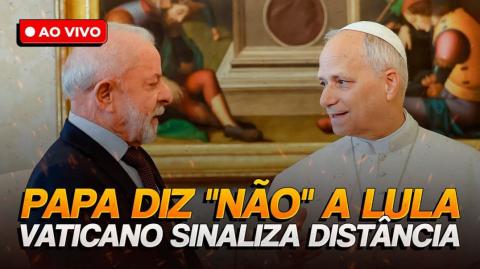
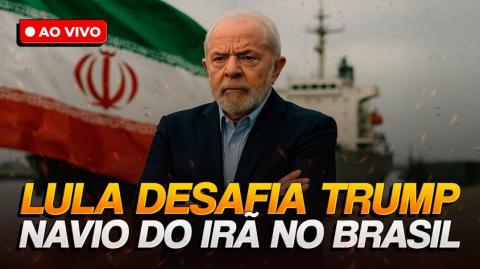
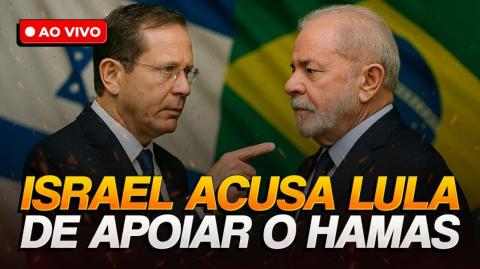
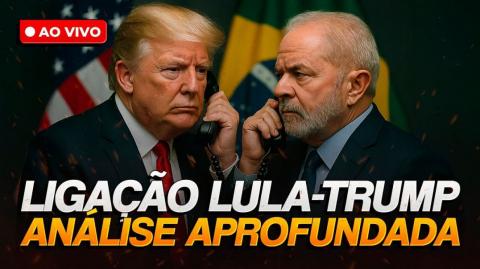
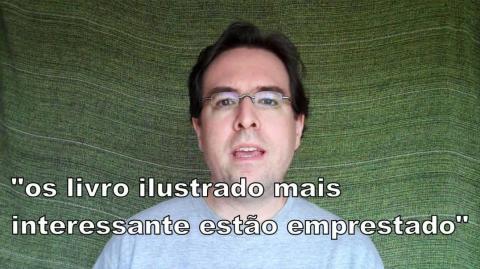
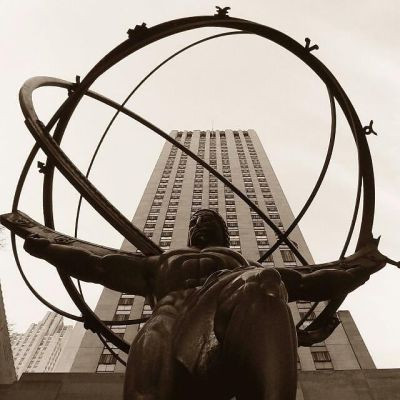 gabfigueiro
gabfigueiro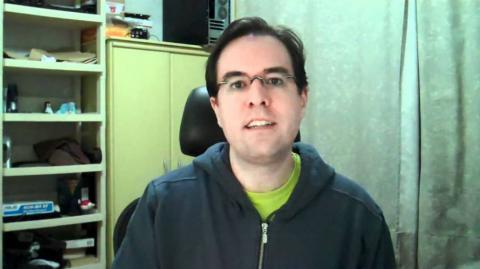
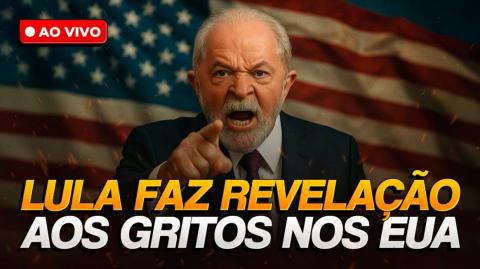
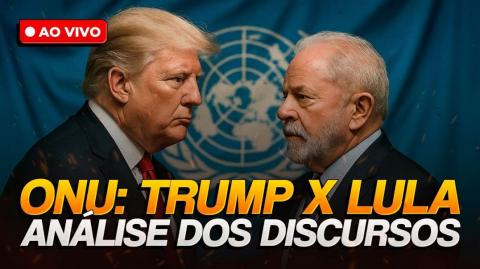

 Timcast IRL
Timcast IRL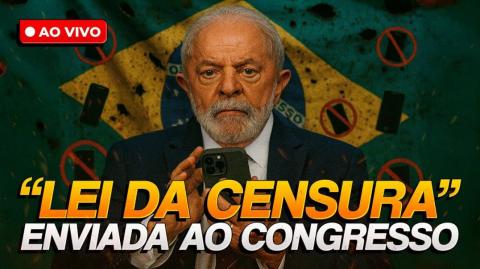
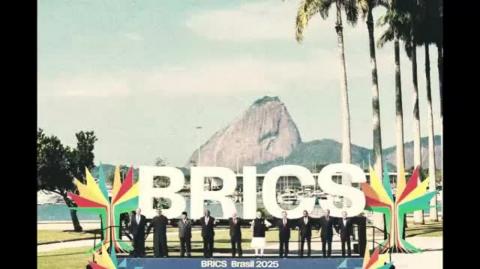

 TheQuartering
TheQuartering![React: JOÃO CARVALHO NÃO SABE O QUE É FASCISMO [REVOLUSHOW] - João Eigen](https://cdn.mgtow.tv/upload/photos/2025/09/YXcSnwZzQwbRDiR5U9lb_12_c860c21a8b09d171d1e4cd1584ab61cf_image_thumb_high.jpg)
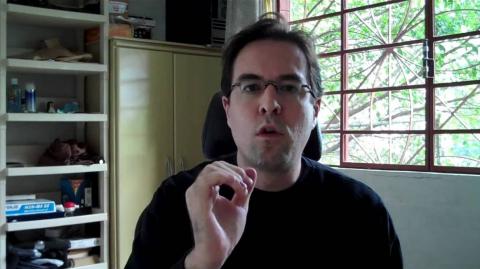
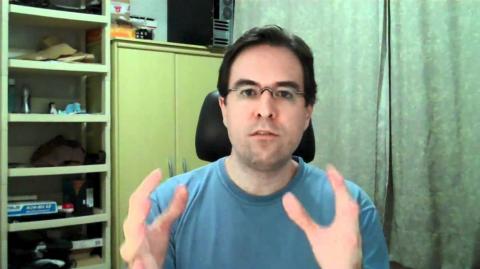
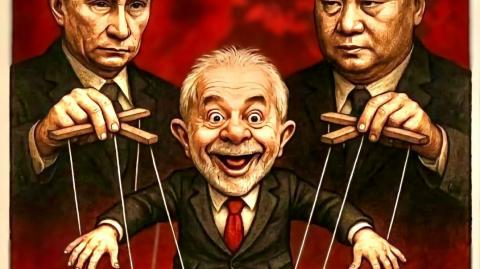
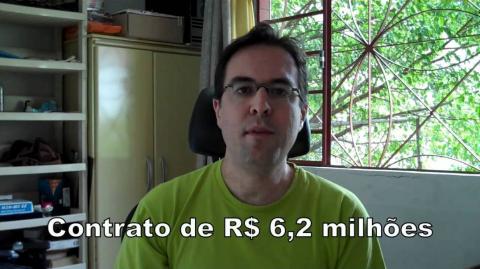

Log in to comment
I am making a good salary from home $4580-$5240/week , which is amazing under a year ago I was jobless in a horrible economy. I thank God every day I was blessed with these instructions and now its my duty to pay it forward and share it with Everyone,grab it before it’s gone!”
Here is I started_______ Www.CartBlinks.Com